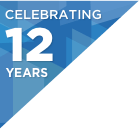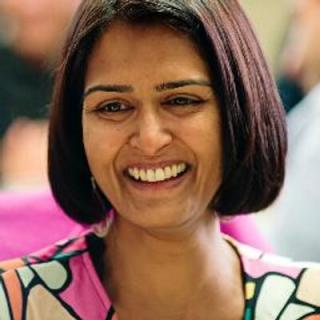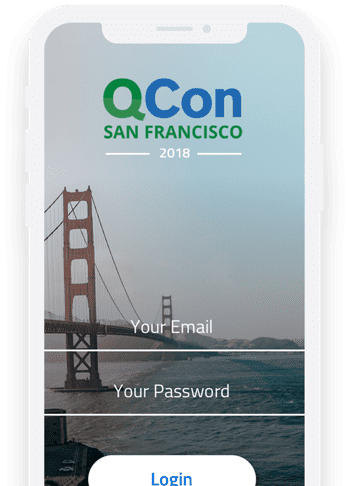A software engineering organization is most impactful when the majority of its focus is on delivering business value through software products and services. Developer Experience is about maximizing that impact by increasing the effectiveness of engineers. We are also seeing an industry trend of flatter organizations, resulting in engineers being asked to do more than ever before. This contributes to an increase in cognitive load for engineers. How can we apply software to the problem of enabling high-velocity development while concurrently considering the human factors?
In this track, we will look at how the best organizations are tackling the challenge of reducing cognitive load on their engineers. Come to hear stories - both real world and aspirational, about how teams have combined innovations in technology, process and culture to level up their engineering effectiveness.



